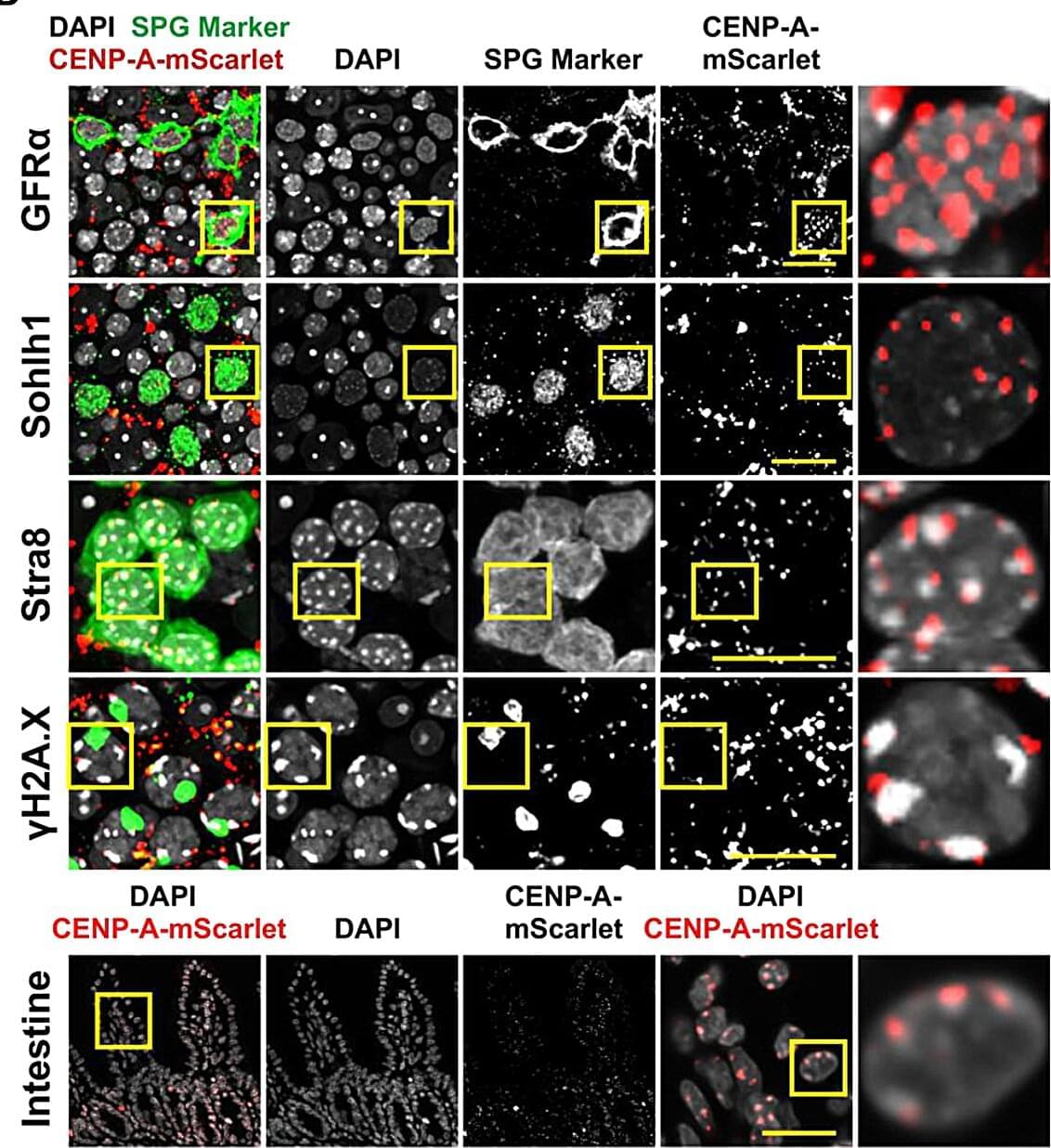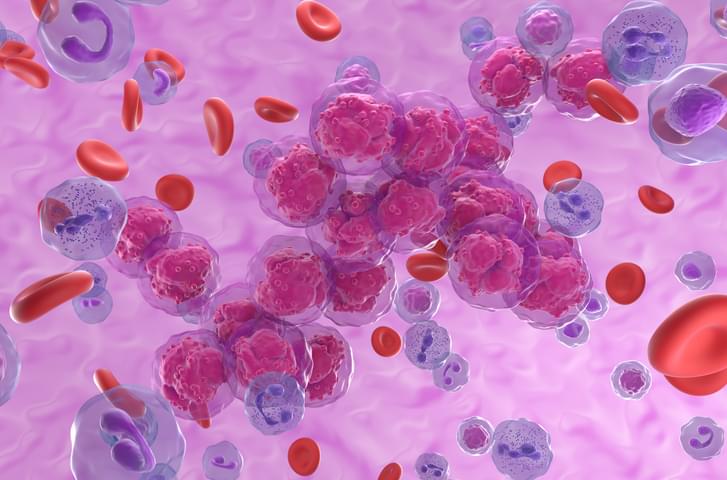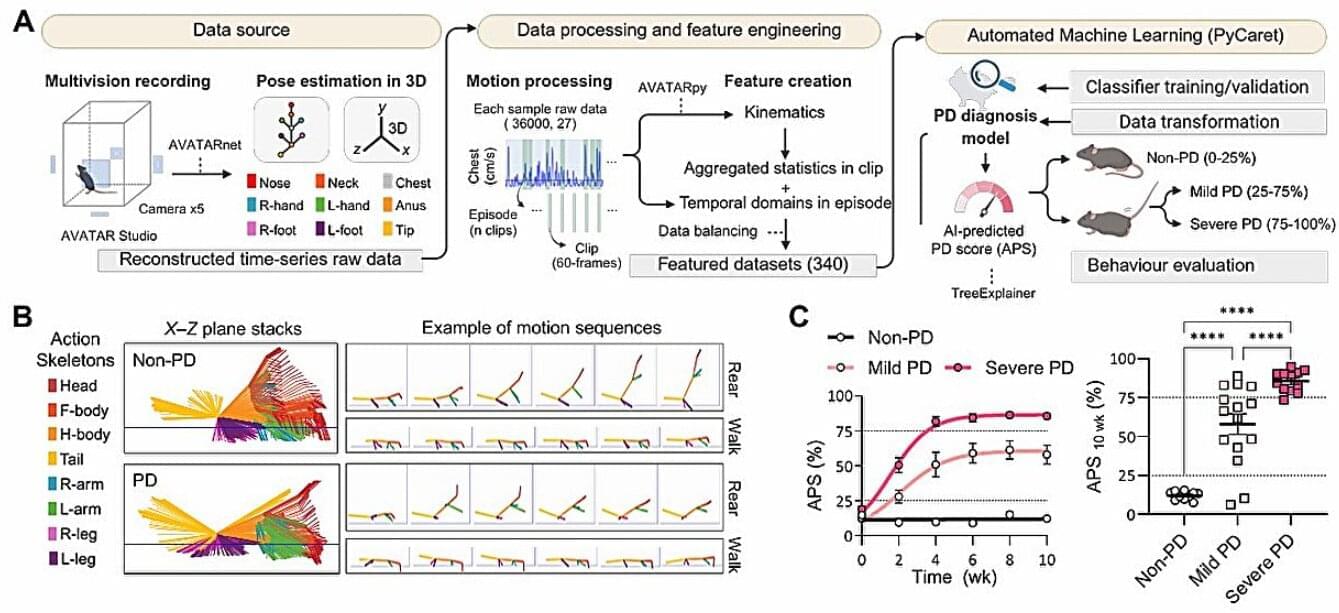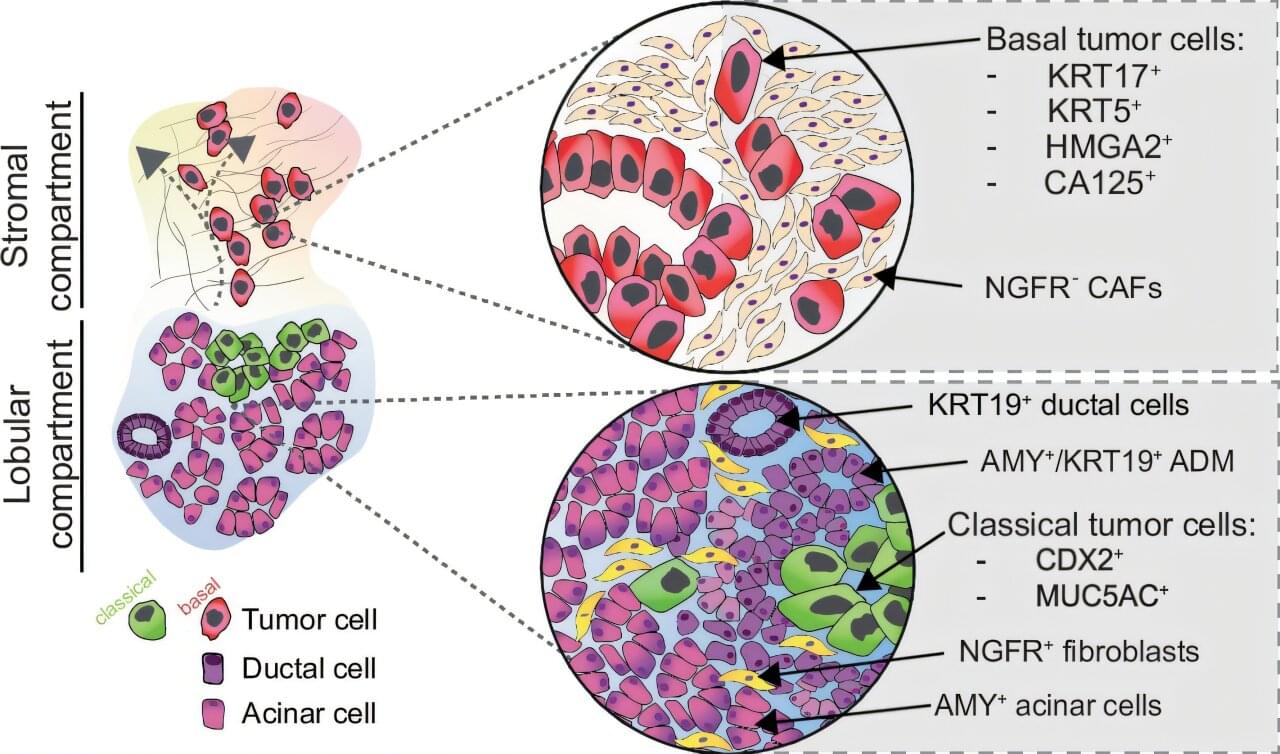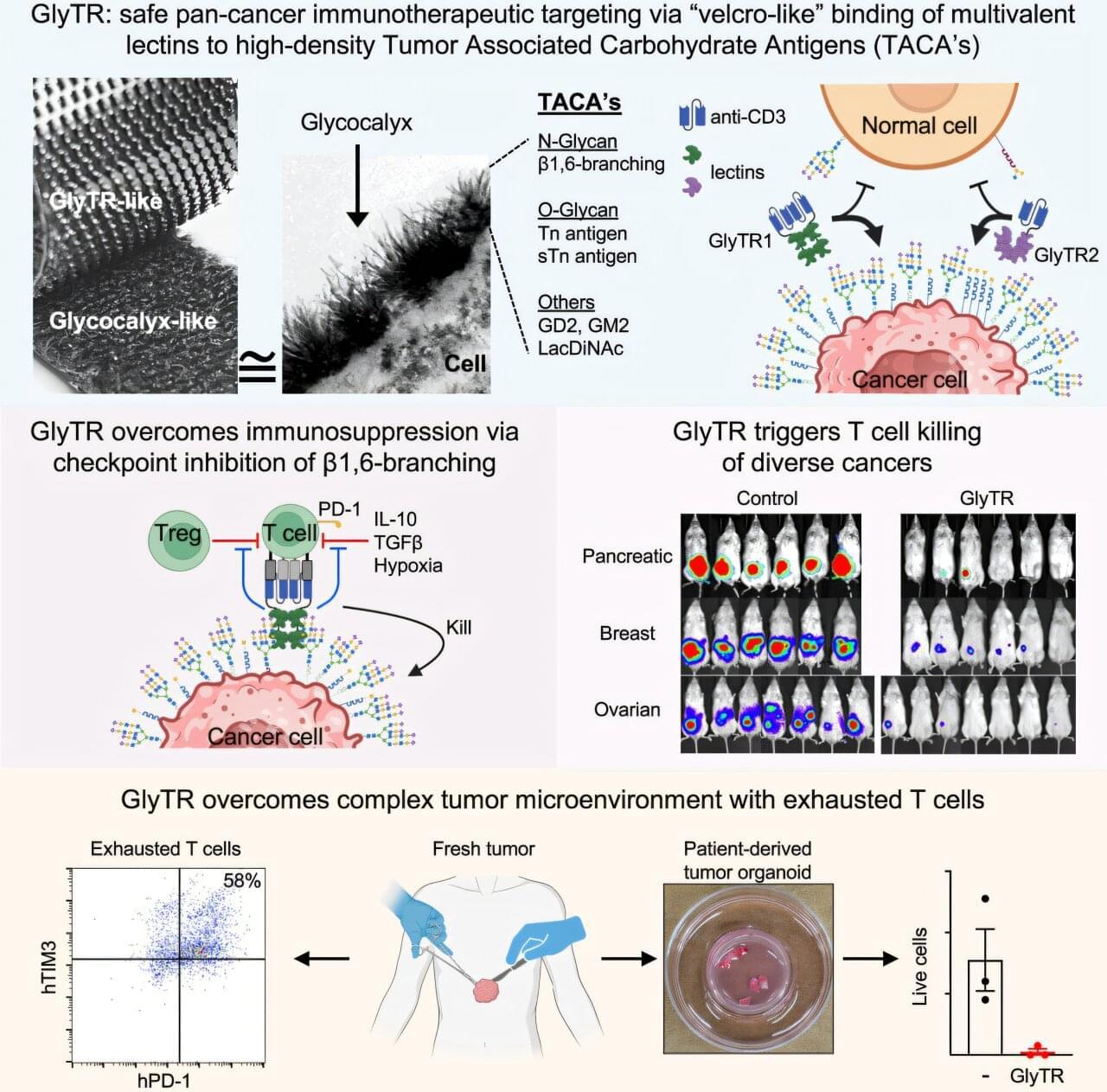When a sperm meets an egg, a lot has to go right for an embryo to develop into a complete organism. One critical step of early development is the reorganization of parental DNA to form a new unified genome, before the embryo can undergo its first cell division.
Scientists have long known that sperm and eggs bundle their DNA differently. But it’s been assumed that their centromeres—the special regions of each chromosome that act like handles to pull DNA apart during cell division —were essentially the same. That assumption rested on the presence of centromere protein A, or CENPA, a unique histone protein that marks centromeres and preserves their identity across each cell division and across generations.
Because CENPA acts like a molecular tag, preserving these sites as “do not erase” regions of the genome, the centromeres were thought to be functionally indistinguishable between maternal and paternal chromosomes.
